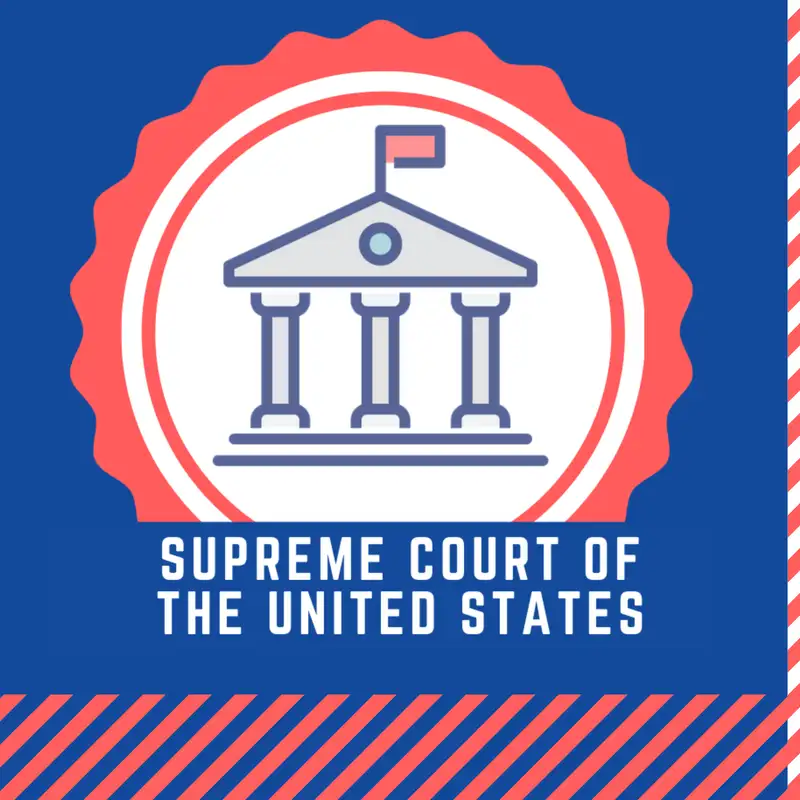Case: 19-546 BROWNBACK V. KING (2020-November-09)
QUESTION PRESENTED:
The Federal Tort Claims Act (FTCA), 28 U.S.C. 1346(b), 2671 et seq., waives the sovereign immunity of the United States and creates a cause of action for damages for certain torts committed by federal employees "under circumstances where the United States, if a private person, would be liable to the claimant in accordance with the law of the place where the act or omission occurred." 28 U.S.C. 1346(b)(1). The FTCA also imposes a judgment bar, which provides that "[t]he judgment in an action under section 1346(b) of this title shall constitute a complete bar to any action by the claimant, by reason of the same subject matter, against the employee of the government whose act or omission gave rise to the claim." 28 U.S.C. 2676.
QUESTION PRESENTED:
The Federal Tort Claims Act (FTCA), 28 U.S.C. 1346(b), 2671 et seq., waives the sovereign immunity of the United States and creates a cause of action for damages for certain torts committed by federal employees "under circumstances where the United States, if a private person, would be liable to the claimant in accordance with the law of the place where the act or omission occurred." 28 U.S.C. 1346(b)(1). The FTCA also imposes a judgment bar, which provides that "[t]he judgment in an action under section 1346(b) of this title shall constitute a complete bar to any action by the claimant, by reason of the same subject matter, against the employee of the government whose act or omission gave rise to the claim." 28 U.S.C. 2676.
The question presented is whether a final judgment in favor of the United States in an action brought under Section 1346(b)(1), on the ground that a private person would not be liable to the claimant under state tort law for the injuries alleged, bars a claim under Bivens v. Six Unknown Named Agents of Federal Bureau of Narcotics, 403 U.S. 388 (1971), that is brought by the same claimant, based on the same injuries, and against the same governmental employees whose acts gave rise to the claimant's FTCA claim.
SUPPORT what we are doing here by contributing to our Patreon at https://www.patreon.com/supremecourt
★ Support this podcast on Patreon ★
The Federal Tort Claims Act (FTCA), 28 U.S.C. 1346(b), 2671 et seq., waives the sovereign immunity of the United States and creates a cause of action for damages for certain torts committed by federal employees "under circumstances where the United States, if a private person, would be liable to the claimant in accordance with the law of the place where the act or omission occurred." 28 U.S.C. 1346(b)(1). The FTCA also imposes a judgment bar, which provides that "[t]he judgment in an action under section 1346(b) of this title shall constitute a complete bar to any action by the claimant, by reason of the same subject matter, against the employee of the government whose act or omission gave rise to the claim." 28 U.S.C. 2676.
The question presented is whether a final judgment in favor of the United States in an action brought under Section 1346(b)(1), on the ground that a private person would not be liable to the claimant under state tort law for the injuries alleged, bars a claim under Bivens v. Six Unknown Named Agents of Federal Bureau of Narcotics, 403 U.S. 388 (1971), that is brought by the same claimant, based on the same injuries, and against the same governmental employees whose acts gave rise to the claimant's FTCA claim.
SUPPORT what we are doing here by contributing to our Patreon at https://www.patreon.com/supremecourt

